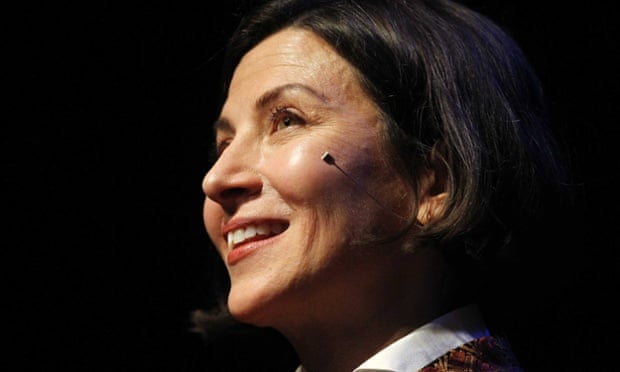Women buy two-thirds of books sold but magazine reviews are centred on male authors and critics – though picture is beginning to change

The continuing bias towards men in the British and American literary establishment has been confirmed by a study released on Tuesday.
Vida, a US organisation championing women in literature, examined a wide range of publications from both sides of the Atlantic, including the New Yorker, the London Review of Books, the Times Literary Supplement and Granta, and found that in 2014 the majority still had heavily male-centred literary coverage, both in their use of reviewers and the books that were reviewed.
One of the worst culprits was found to be the London Review of Books which featured 527 male authors and critics on their pages in 2014, compared with just 151 women. It also saw a rare drop in reviews of books written by women from the year before, with 14 fewer than in 2013.
The New York Review of Books displayed a similar imbalance, featuring an overall 677 men to 242 women. The New York Times book review featured an overall 909 male contributors and authors, compared with 792 women; the Nation’s male-female split was 469 to 193; and at Harper’s fewer than half the authors reviewed were women.
More
Vida, a US organisation championing women in literature, examined a wide range of publications from both sides of the Atlantic, including the New Yorker, the London Review of Books, the Times Literary Supplement and Granta, and found that in 2014 the majority still had heavily male-centred literary coverage, both in their use of reviewers and the books that were reviewed.
One of the worst culprits was found to be the London Review of Books which featured 527 male authors and critics on their pages in 2014, compared with just 151 women. It also saw a rare drop in reviews of books written by women from the year before, with 14 fewer than in 2013.
The New York Review of Books displayed a similar imbalance, featuring an overall 677 men to 242 women. The New York Times book review featured an overall 909 male contributors and authors, compared with 792 women; the Nation’s male-female split was 469 to 193; and at Harper’s fewer than half the authors reviewed were women.
More
No comments:
Post a Comment